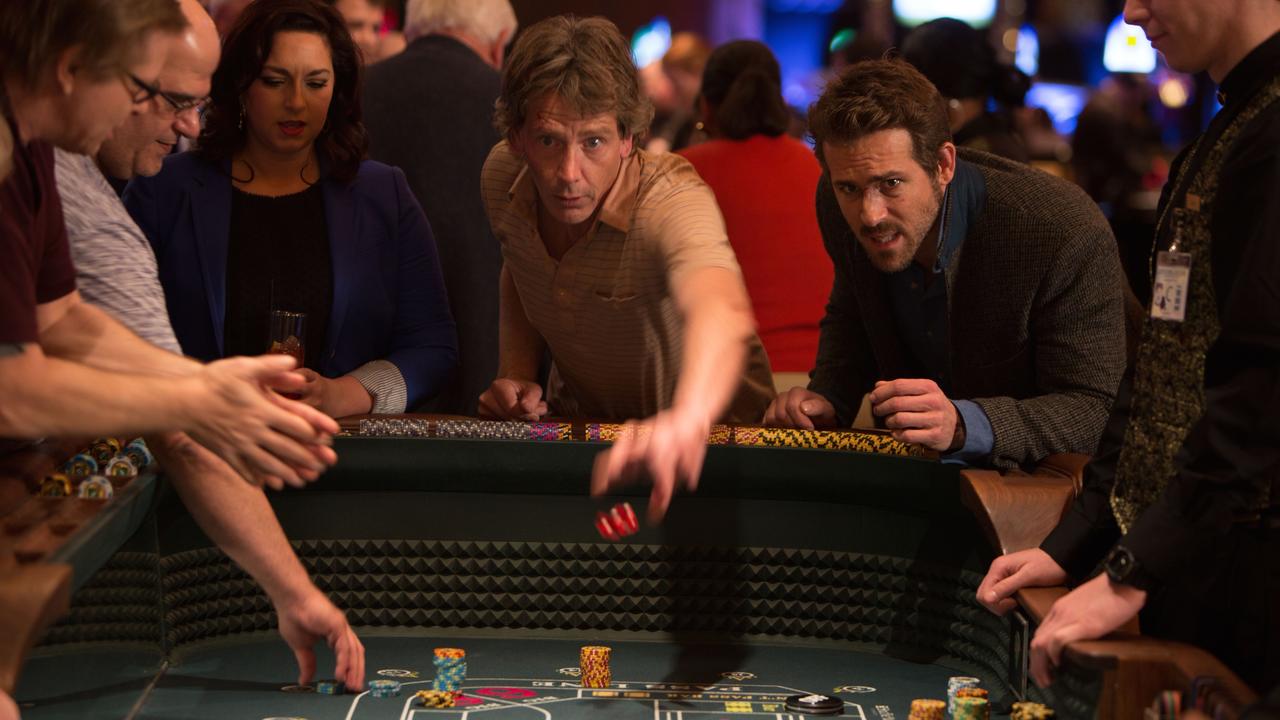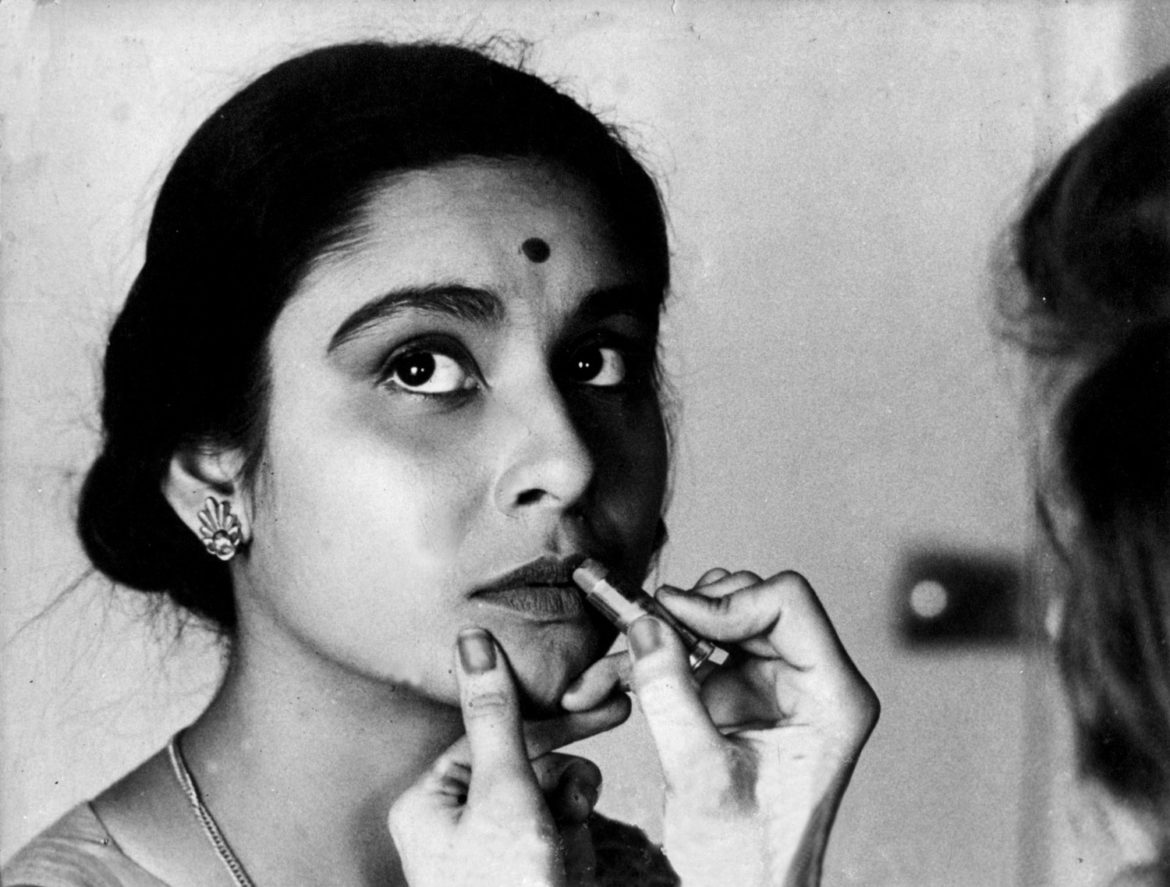For all of our cultural emphasis on the lonely, solitary gambler, awaiting one big score or trying to dig himself (it’s always a him) out of a hole of his own making, it’s also true that gambling can create families of sorts by definition.
Robert Altman
Yesterday, we kicked off The Week of The Dissolve with what the site itself, in one of its “Movie of the Week” features, might’ve called a Keynote. Today, continuing this meta-One Year Later appreciation thread, we move on to some Essentials.
The Big City, Indian master Satyajit Ray’s deeply feminist and empathetic 1963 depiction of a changing Calcutta, is nearly perfect in every way.
With nuanced performances, especially from the luminous Madhabi Mukherjee as Arati Mazumder and Anil Chatterjee as her wry, conflicted husband Subrata (Bhambal), and an effortless sense of place, custom, and the economic pressures that challenge tradition, the film is an utterly absorbing experience, by turns uplifting and heart-rending.
It’s awards season, and there’s no shortage of commentary. I might chime in myself in a few weeks. (Spoilers: Boyhood, Ida, The Immigrant, Under The Skin, and Noah would win all the things if it were up to me, and Uma Thurman would get a best Supporting Actress nod for Nymphomaniac Vol 1 — it is not, it turns out, up to me.)
One of the Big Deals of the 70s films we’d later refer to as the New Hollywood was their use of contemporary music, as opposed to a scripted score or relying on the classics. These choices could comment on the things happening on the screen, underline them, or invert them: Robert DeNiro’s entrance in Martin Scorcese’s Mean Streets to the Rolling Stones’ “Jumping Jack Flash” manages to do all three at once.
Yes, three “Song for a Sunday” features and two of them are Robert Altman films. (Wait until we get to Nashville!) The only connecting thread in these is that I like them and think the songs are used well in the movie, and Altman definitely knows how to deploy songs to structure the plot and mood.
Of all the American directors who came to prominence in the 1970s, Robert Altman is the warmest, the most democratic and the most disarming. The overlapping dialogue, shaggy plots, lived-in sets, and sharp characterization make nearly all of his films feel both like “slices of life” and something much more personal and unique — it’s just that the lives being portrayed are themselves theatrical and all over the place.






